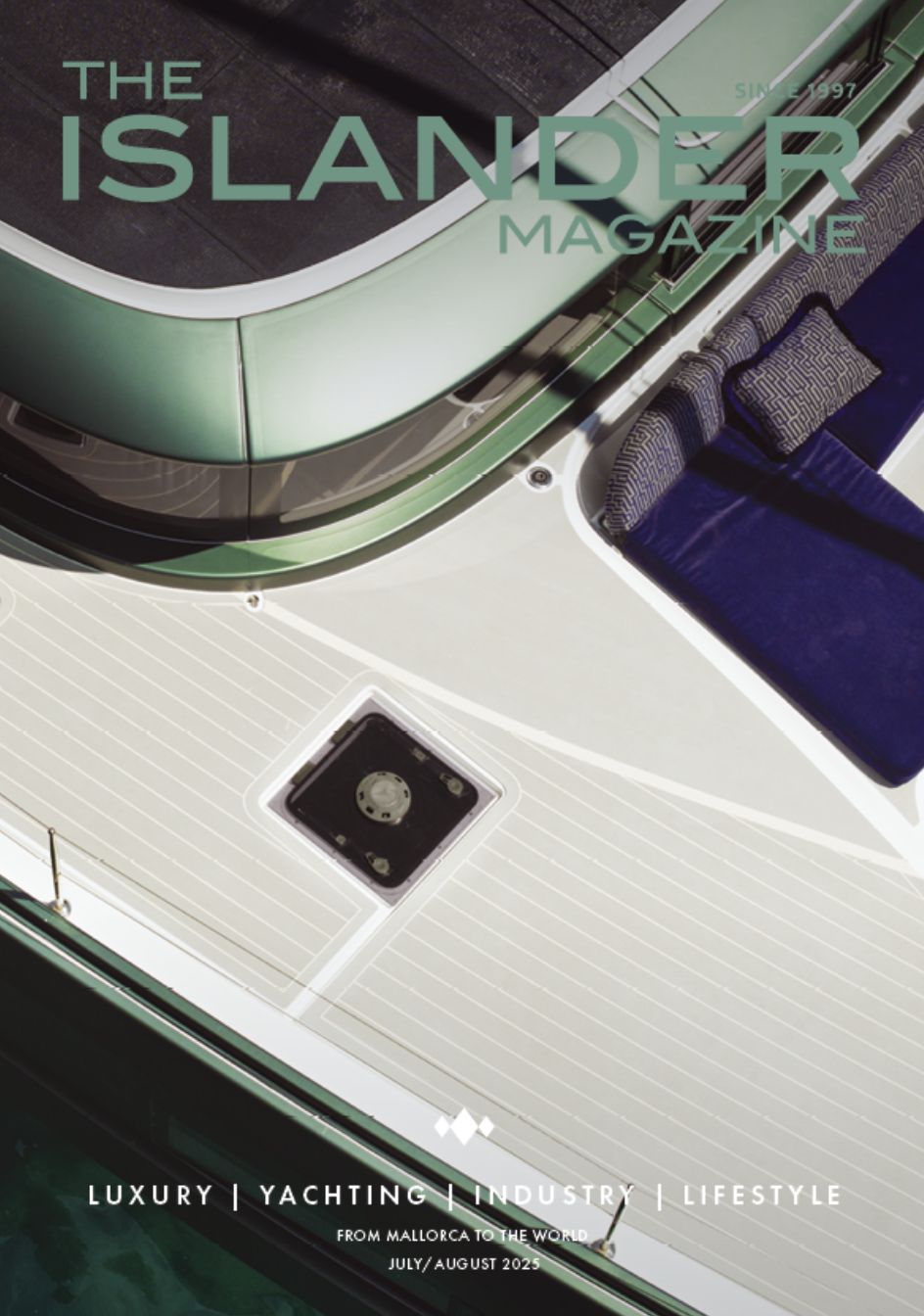Great news popped into my inbox in December regarding the much coveted International Certificate of Competence (ICC). The Royal Yachting Association (RYA) is authorised by the Maritime and Coastguard Agency (MCA) to issue an “International Certificate for Operator of Pleasure Craft” with three categories: sail, power (split into two sub categories: less than 10m and over 10m LOA) and personal watercraft.
These may be issued for Coastal waters or may also have an inland waters endorsement if the applicant has successfully completed a CEVNI test.
Previously this was available only to British nationals and residents; later extended to include nationals of countries outside the UNECE. Now? Oh, this is the great news …. Spanish nationals and residents are now eligible due to changes in the approval granted to the RYA by the MCA.
Students can choose to undertake an RYA practical training course, conducted over one day (PWC), two days (Powerboat level 2) or Day Skipper (four or five days depending on if you choose motor or sail respectively) will provide an international certificate for being on the helm. On the basis of having completed one of these specific RYA courses a candidate is then able to apply for an ICC through the RYA. This is also great news for other nationalities that reside in Spain, who perhaps don’t have the fluent Spanish required to study for a Spanish maritime certificate.
You are required to prove that you have sufficient knowledge and ability to safely operate pleasure craft. A course completion certificate, for example, an RYA Powerboat level 2 or higher, Personal Watercraft proficiency certificate, Day Skipper, Coastal Skipper all the way up to Yachtmaster will satisfy the eligibility requirements; alternatively, if you are already an experienced boater, you can undertake an ICC direct assessment at an RYA training centre like ours.
There is no distinction between tidal and non-tidal waters, nor is there a comprehensive definition within Resolution 40 of what is meant by ‘coastal’ and ‘inland’ but the intention is that they are mutually exclusive. Basically, ‘coastal’ is any water that is not ‘inland’. If you are playing in coastal waters you are required to have knowledge of the International Regulations for Preventing Collisions at Sea (COLREGs), and inland waterway users are required to have knowledge of the Code Européen des Voies de Navigation Intérieure (CEVNI). This information can be learned through self study via a range of publications available from the RYA and the CEVNI assessment can be taken online, through Aigua or other RYA training centres.
Aigua Sea School has been providing leisure and professional maritime training since 2006, and in that time we’ve trained many residents of the island, of many nationalities as well as Spanish citizens. This is it Aiguanauts! Come and see us, bring your course completion certificate, proof of nationality and/residency, a nice smiling photograph and we’ll help you with your application. In many European countries an ICC often allows a candidate to operate relevant craft for leisure purposes, but it is important to note that the final decision as to what qualifications are acceptable to the authorities of each country ultimately lies with the government of that country. It is always advisable to check with local authorities as to their requirements rather than making assumptions as to what they will accept as proof of competence. As a bonus (well done RYA) there are also translations of the certificate available online.
The RYA website is extremely informative and easy to navigate. www.rya.org.uk and type ICC into the search bar.
For more information contact the Aigua Training Team on training@aiguaseaschool.com, call the school office on 871 230 373 or pop in for a chat.

















0 Comments